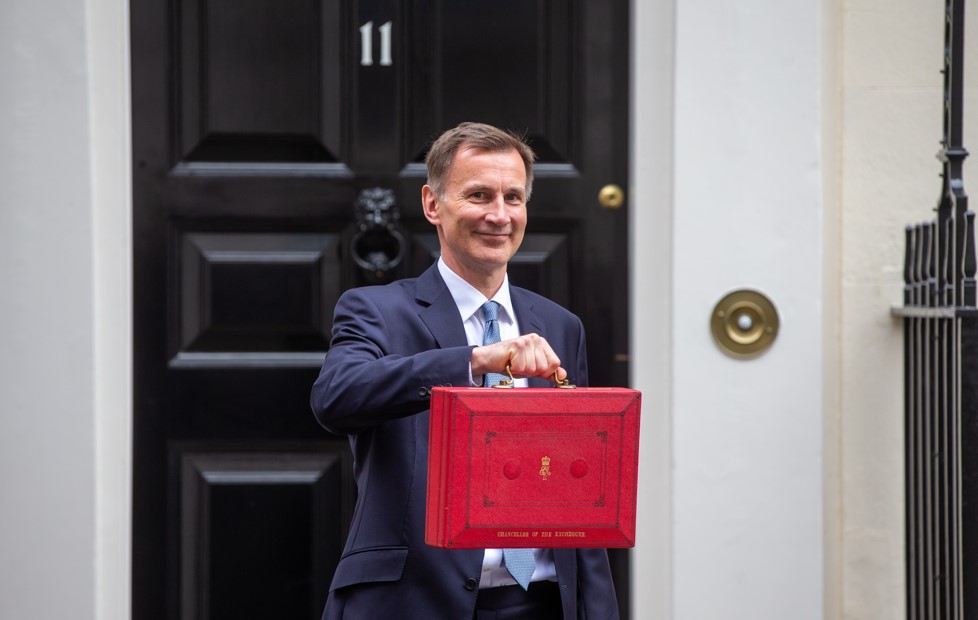We’re almost two years into a frankly rubbish period of human history when it comes to socialising, so tax may not be the number 1 concern when arranging the staff Christmas party. That said, a sprinkling of tax tips won’t go amiss when you’re bulk ordering cheap prosecco and wondering how to keep a lid on Kevin from IT when he finds out there’s a tab behind the bar.
Staff entertainment can be a minefield in tax terms, but understanding some basics will help ensure that you get tax relief in all the right places, and don’t tread on any banana skins along the way when wining and dining your team.
Christmas Party
A lot of benefits provided to staff are considered to be ‘taxable benefits’, meaning that the staff receiving them are taxed on the value of the benefit received, even though no cash actually changes hands as is the case with a normal salary. The key therefore is knowing what are considered to be exempt benefits – i.e. benefits provided to staff where they are not taxed for receiving them.
The Christmas party comfortably fits into the category of ‘Annual Functions’. Being an annually recurring event is one of the key criteria for staff events to be treated as exempt benefits. The other conditions which need to be met are as follows:
- Total cost must not exceed £150 per head, per year
- This £150 includes VAT, along with any other costs such as accommodation, transport etc
- If this £150 limit is exceeded, then the whole amount spent becomes a taxable benefit
- It must be open to all staff (or all staff in that location if the business has more than one branch)
- Its main purpose is to entertain staff
- The event must not be just for directors (unless all staff are directors)
It’s worth highlighting that the £150 limit is not a limit per function, it covers the whole year. As such, if there’s multiple annual functions in the same year then the whole cost is allowable – as long as this remains below the £150 per person threshold.
Giving your staff gifts at Christmas
If in addition to the lavish Christmas party (obvious not so lavish that it exceeds £150pp of course) you still feel that your staff deserve a few extra Christmas goodies, then there are some further presents that can be pulled out of the tax free Christmas sack.
The first thing to point out, unequivocally, is that gifts of cash (or vouchers that can be exchanged for cash) are always taxed as if there are salary, and therefore need to be processed through the payroll. Rant over, let’s get back to the good stuff.
Certain gifts can be classed as “trivial benefits” and again, these are exempt from tax and reporting obligations. To be considered a trivial benefit, the following conditions need to be met:
- The cost of providing the benefit cannot exceed £50 per employee (including VAT)
- If it’s for a group of employees, and it’s impracticable to work out the exact cost, an average can be used
- If this £50 limit is exceeded, then the whole amount spent becomes a taxable benefit
- It can’t be cash or a cash voucher (refer to rant above). Gift cards however, including Amazon vouchers for instance, do qualify. This is on the basis that they are not exchangeable for cash
- The employee is not entitled to the benefit contractually
- The benefit is not provided in recognition for services performed. In other words, as a reward for doing well.
This £50 may not seem like a lot, however unlike the £150 cumulative limit for annual events, this £50 trivial benefit limit applies to each benefit. As such, the same staff member can be given multiple trivial benefits throughout the course of the year without these being reported or taxed.
OK, so an all expenses paid trip to Lapland may be off the table, but who doesn’t love a £50 Starbucks voucher. It may mean they actually pull their finger out in January as well.




